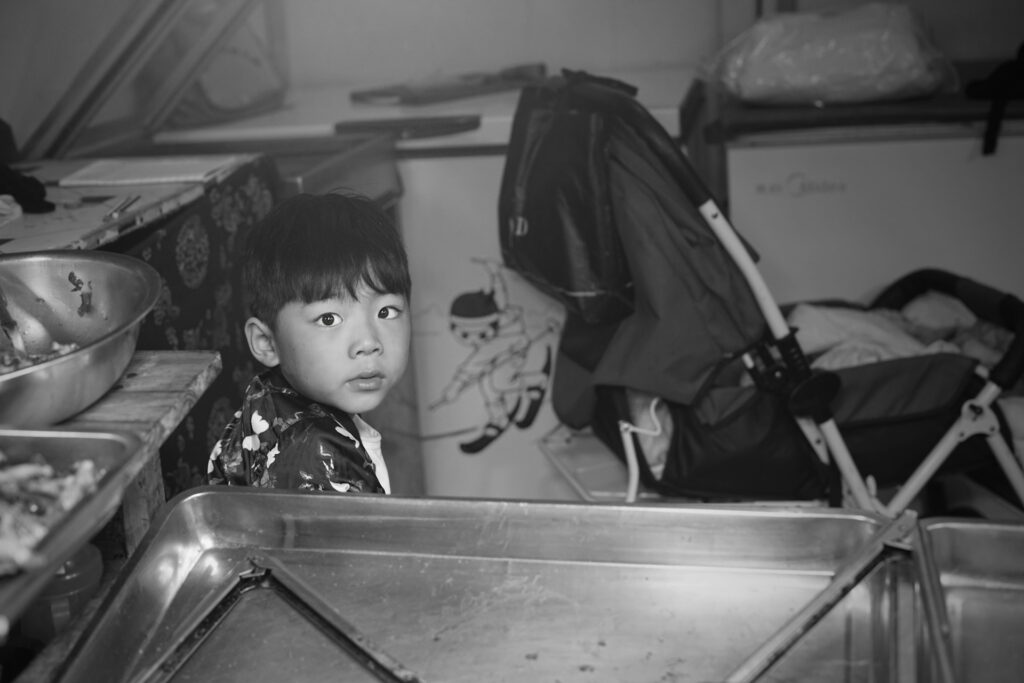Growing up with an eggshell parent often means living in constant tension, never knowing what mood will appear next. Children in this environment quickly learn that even small actions can spark unpredictable reactions. This dynamic shapes not only childhood but also carries into adulthood, influencing relationships, self-worth, and emotional health in profound ways. While every story is unique, there are clear signs that point to being raised in a home where you had to walk on eggshells and carefully monitor everything you said or did.
Constant Fear of Conflict

Children who live with an emotionally volatile parent usually develop a strong fear of conflict. Even minor disagreements can explode into larger issues, leaving a child shaken and powerless. As an adult, you may go to great lengths to avoid confrontation, even if it means staying silent. Although this behavior protects you from immediate tension, it often prevents healthy communication and stops you from setting boundaries. Over time, avoiding conflict can weaken your sense of identity, since you may not feel safe expressing what you truly think or need.
Overdeveloped Sense of Responsibility

In a household with an unstable caregiver, children often feel responsible for maintaining peace and order. You may have taken on the role of peacemaker, trying to shield siblings or calm your parent during emotional storms. This pressure to manage adult emotions is overwhelming for a child who should have been cared for instead. As an adult, this habit often turns into a pattern of fixing problems for others, even when it comes at your own expense. While it may appear selfless, it can leave you drained, unappreciated, and unsure of where your responsibility should end.
Difficulty Expressing Emotions

Children who learned that showing feelings triggered negative responses often hide them deeply. Sadness, anger, or even joy could have been met with harsh criticism, dismissal, or silence. Over time, living with an eggshell parent, you may have learned to suppress your emotions entirely in order to avoid conflict or rejection. As an adult, this survival skill becomes a barrier to intimacy and personal growth. You may struggle to recognize your emotions, let alone communicate them clearly to others. This difficulty can create distance in relationships, since partners and friends may sense something missing when you cannot be vulnerable or authentic with them.
Heightened Anxiety and Hypervigilance

Growing up while constantly walking on eggshells at home leads to lasting anxiety and hypervigilance. Many children in this environment become experts at scanning for subtle signs of anger, frustration, or sudden mood changes. They may study every expression, tone, or movement, always prepared to react quickly to avoid conflict. As an adult, this vigilance often continues, even when no threat is present. You might overanalyze people’s intentions or replay conversations in your mind. While this skill once helped you survive, it now keeps you stuck in a cycle of stress, tension, and exhaustion, preventing you from feeling calm or secure.
Perfectionism and Fear of Mistakes

For many children with an eggshell parent, mistakes brought punishment, withdrawal, or sharp disapproval. This may have taught you that perfection was the only way to avoid conflict or rejection. As an adult, this belief often evolves into relentless perfectionism. You may set impossibly high standards for yourself and feel crushed when you fall short. While striving for excellence can sometimes lead to success, it also comes with a heavy cost. The constant fear of failure can cause burnout, increase stress, and prevent you from trying new things. Instead of enjoying accomplishments, you may focus only on flaws, leaving you dissatisfied no matter how much you achieve.
Struggles with Self-Worth

If you grew up believing your parent’s emotions depended on your behavior, you may have internalized guilt and shame that never belonged to you. Love might have felt conditional, given only when you acted in ways that kept peace in the home. Over time, this can damage a child’s sense of self, leading them to believe they are never enough. As an adult, you may continue to struggle with low self-esteem and chronic self-doubt. You might question whether you deserve respect, success, or affection, even when evidence shows you do. This fragile self-worth often creates unhealthy relationships, since you may accept less than you truly deserve.
Difficulty Setting Boundaries

One of the most common results of being raised by an emotionally unstable parent is weak or non-existent boundaries. You may have learned that saying “no” led to anger, guilt, or punishment, so you stopped trying to protect yourself. In adulthood, this often shows up as fear when asserting your needs or standing firm in relationships. As a result, you may let others overstep limits, take advantage of your kindness, or control situations that should be mutual. Without boundaries, relationships quickly become draining and unbalanced. Learning to set them can feel uncomfortable at first, but it is essential for building trust, respect, and personal safety.
Recognizing Patterns

Being raised by an eggshell parent shapes how you approach conflict, responsibility, and self-worth. Yet awareness provides the first step toward healing. By recognizing these patterns, you can begin to unlearn survival habits and replace them with healthier choices that serve your well-being. Healing often takes patience, but with time, support, and practice, it is possible to move beyond fear. Rebuilding confidence, setting boundaries, and learning to trust others allows you to create relationships built on respect, balance, and security.
Disclaimer: This article was created with AI assistance and edited by a human for accuracy and clarity.

